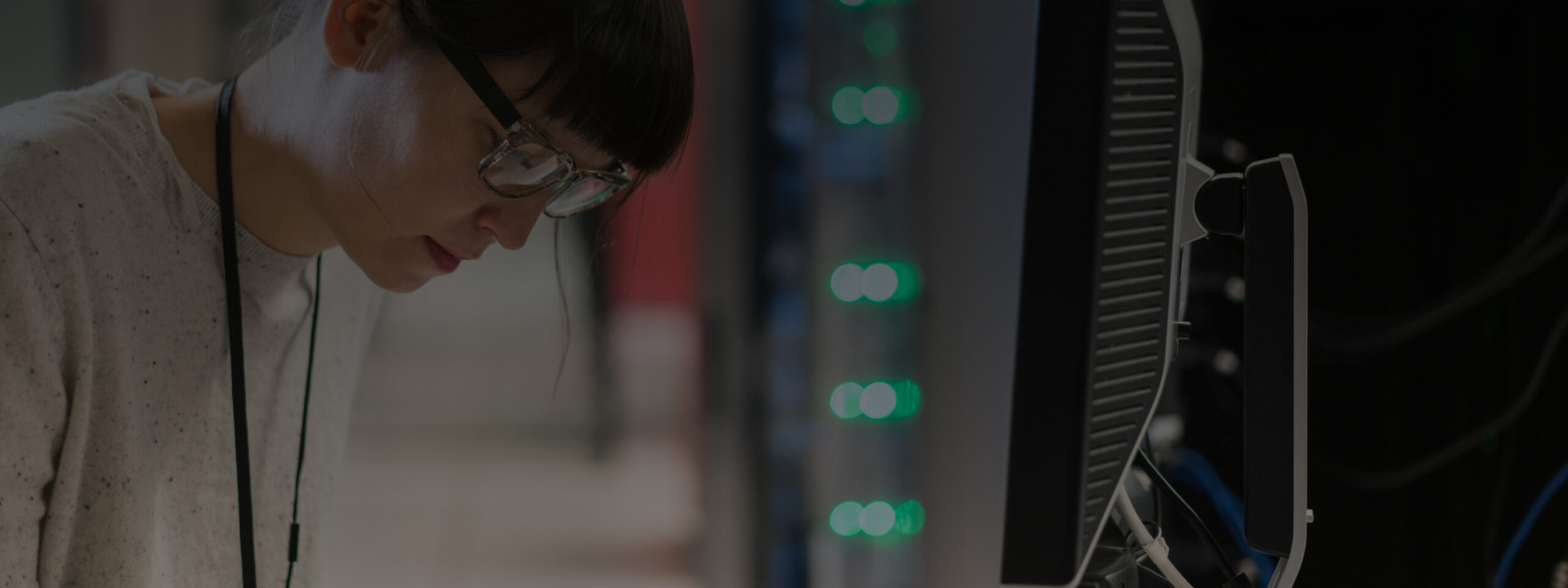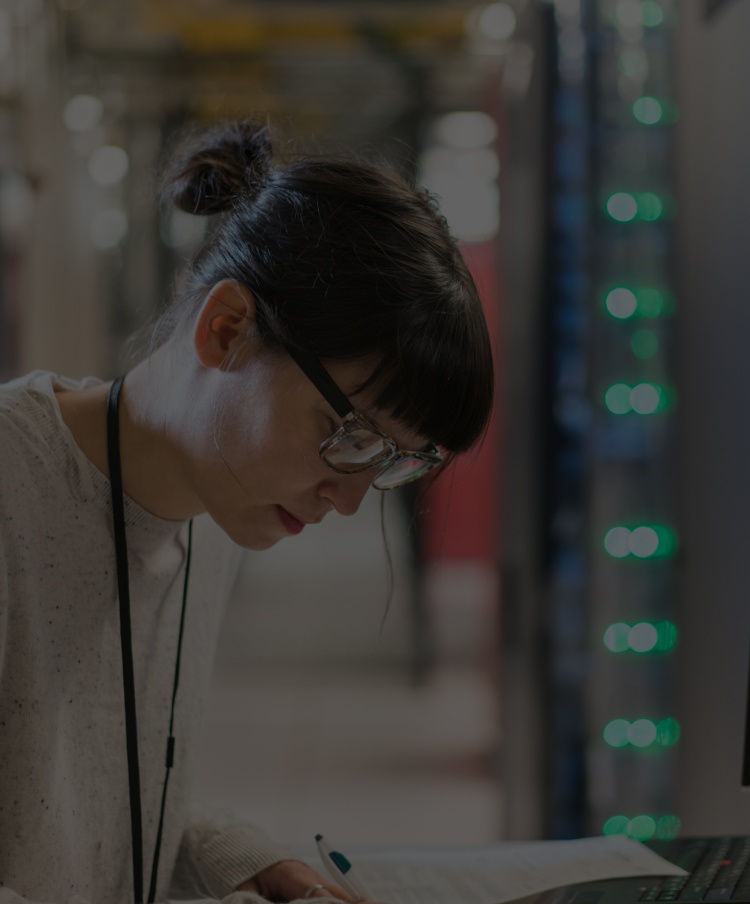

BioFutures
The BioFutures Program will accelerate the translation of bioeconomy research into public and economic benefits.
Overview
We are on the cusp of a new era of biology, which will change the way we produce food, fuel, and materials for everything from clothing to chemical commodities.
The BioFutures Program will accelerate the translation of bioeconomy research into public and economic benefits, building on Schmidt Sciences’ core mission to bet early on a group of exceptional people making the world better, through solving hard problems in science and society. 10 years from now, the bioeconomy could be worth $4 trillion, and we want to ensure that its promise is realized to benefit humanity broadly.
For example, if successful, the U.S. bioeconomy (which already generates at least 5% of GDP) is poised to revitalize U.S. manufacturing, create more resilient supply chains, reduce the nation’s dependence on fossil fuels, and bring us closer to a net-zero carbon economy. However, it is severely lacking the adequate investment in advanced manufacturing science and engineering required to scale the research, infrastructure, and workforce that will convert scientific discoveries from lab to market.
To address this deficit, in October 2021, BioFutures launched an interdisciplinary Task Force on Synthetic Biology and the Bioeconomy to help the U.S. maximize the potential of the bioeconomy for public benefit. In April 2022, BioFutures released “The U.S. Bioeconomy: Charting a Course for a Resilient and Competitive Future,” a strategy for a resilient and competitive U.S. bioeconomy fueled by new job creation, a diverse workforce, distributed bioproduction based on regional biomass, and revitalized rural areas.
Ultimately, the BioFutures team aims to contribute to the creation of a future, streamlined, circular US bioeconomy where innovative ideas are fostered in an equitable and coordinated R&D ecosystem and are successfully transitioned from the laboratory into the real world for public well-being, economic benefit, resilience, and sustainability. The world will fully transition to a bioeconomy within the next two decades, and the question we seek to answer is whether the United States will lead the way. We aim to catalyze a future for a vibrant, competitive, and circular US bioeconomy, in which biological resources are transformed into food, feed, energy, and biomaterials in a sustainable process.
Three Key Areas of Focus
The Schmidt Sciences BioFutures Program, informed by the Task Force, is now acting to implement many of the recommendations of the strategy, starting with a focus on three areas:
Repurposing sustainable waste biomass
The U.S. has the capacity to produce a billion tons of sustainable biomass annually, yet lacks the technologies needed to convert biomass sources into feedstocks for manufacturing processes. Turning the carbon we have into the carbon we want involves backing high-risk, high-reward research that others won’t invest in. We are standing up a Virtual Institute on Feedstocks for the Future (VIFF), to develop new scientific approaches to deconstruct biomass into useful carbon building blocks. Our Virtual Institutes activate a distributed network of carefully selected scientific and technical talent to apply new ideas, advanced computing and innovative technologies to accelerate the pace of scientific discovery.
Overcoming engineering constraints
a) Today’s bioreactors have not advanced much beyond their original function to brew beer. Through a special Project Call with BioMADE, this effort will competitively select and co-fund the most promising teams to design and build innovative bioreactors that are fit for the purpose of biomanufacturing at scale.
b) We will also approach the problem of scaling biological systems from small to commercial volumes through our Focused Research Organization (FRO) method. FROs are created solely to solve scientific and technological challenges that require the systematic scale, unity, and purpose of a startup, while also solving problems in fundamental research for the public benefit. The goal is to create a biosensor that could capture real-time, relevant data inside bioreactors.
The U.S. Bioeconomy: Charting a Course for a Resilient and Competitive Future
Informed by the Task Force on Synthetic Biology and the Bioeconomy, “The U.S. Bioeconomy: Charting a Course for a Resilient and Competitive Future,” outlines what it would take for the U.S. and for people worldwide to maximize the benefits of the bioeconomy – from creating jobs to fighting climate change to reducing dependence on fossil fuels.


Work we’re doing for science
We build networks of brilliant researchers at different career stages. We lead Virtual Institutes of Science to solve hard problems across locations and fields using modern tools.

